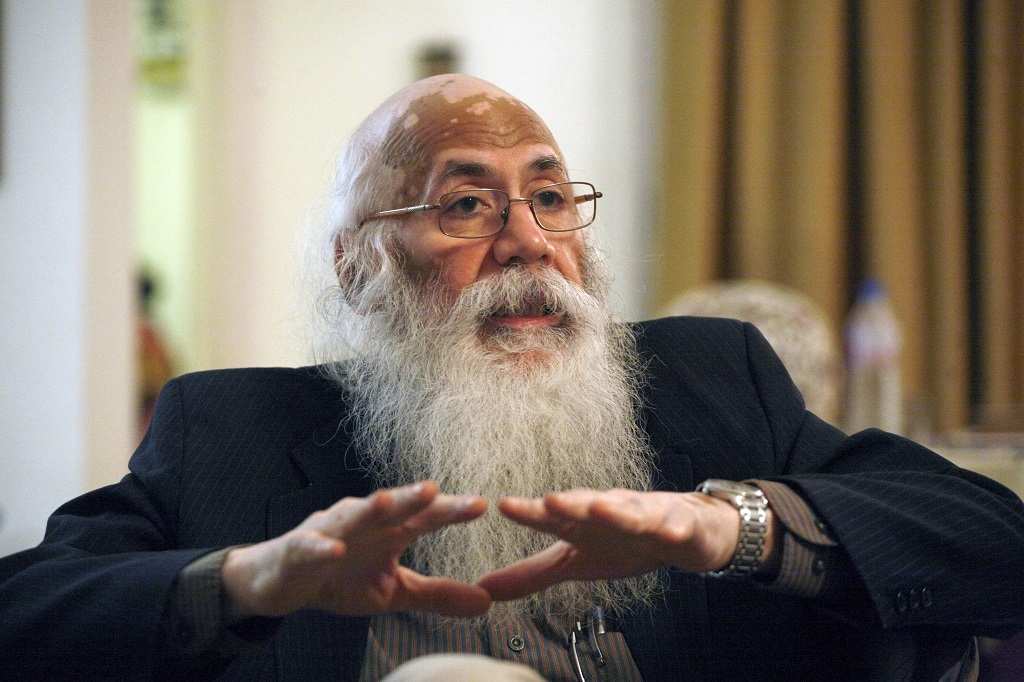Black Economy India Arun Kumar Pdf To Word
In India, black money refers to funds earned on the black market, on which income and other taxes have not been paid. The total amount of black money deposited in foreign banks by Indians is unknown. Some reports claim a total of US$100.06 trillion is held illegally in Switzerland. Other reports, including those reported. Black Money in India: Meaning, Concept, Magnitude and. Delhi has authored a book on black money in India (1999). He holds that black economy. “To break the grip of corruption and black money, we have decided that the currency notes presently in use will no longer be legal tender from midnight tonight.” Added Finance Minister Arun Jaitley: “The goal of this is to clean transactions, [to] clean money.” “This announcement appears to be the most.
The Black Economy Arun Kumar Penguin Price: Rs 250, Pages: 314 The author starts by defining his underlying biases, so let's place them on record. According to him, the common notion of public-sector inefficiency versus private-sector efficiency is 'a caricature of the reality'. Opening up the Indian economy will 'kill whatever dynamism remains'. Free trade is terrible - consumers import frivolous things like gold and computers wasting forex which, incidentally, they have earned. Arun Kumar is also against computerisation. He blames computerised financial markets for causing the Asian crisis by facilitating speculation. Computerising Indian utilities will 'reduce us to a society of ants and bees functioning without human intervention'.

On the evidence of this book, all the dinosaurs aren't dead, some have evolved to teaching in Jawaharlal Nehru University, Delhi. The above articles of faith may be just the manifestations of an antediluvian mindset. But the author often makes sweeping statements in direct contradiction to observed reality. In his world, the tourism industry - something the black economy promotes with its typical consumption patterns - is 'a capital-intensive activity that results in little employment-generation'. The last time one looked at Thailand, Florida, Goa or Agra, one formed precisely the opposite impression about tourism's employment-generation capacity. Another sweeping assumption - black-income driven speculation in stocks must be curbed since 'rising secondary market prices make it more difficult to raise fresh equity for new projects'.
Happy Wheels Full Version Download Weebly Site. Is there a primary market anywhere that has responded negatively to a rising secondary market? Much of the book consists of woolly headed discussions of social issues ranging from why professionals have lost their commitment to why Indian sports persons under perform.

The interesting bits are the estimates of the black economy, the appendices that delineate issues of corruption and the policy prescriptions. Even here, the biases make the book more useful as an insight into a quaint mindset rather than as an analytical critique. Kumar judges the extent of the black economy by considering only factor incomes, that is, profits, interests and rents, on which taxes go unpaid. This ignores transfer incomes such as bribes to facilitate business, evade taxes and so on.
It solves the problem of multiple counting of the same income, but it also makes it easy to gloss over causes. The author estimates 3 per cent of India earns black incomes - ignoring the transfer to politicians and bureaucrats who constitute a larger chunk. This theoretical construct is the basis for empirical 'proof' that lower taxes won't lead to higher compliance. Of course they won't, not until the discretionary powers of state functionaries to under cut any given rate with their transfer income demands are removed.
Kumar's policy prescriptions include undefined reforms of the judiciary, bureaucracy, media, and the electoral process and legislation for transparency of governance. Taxes should be imposed on all gross factor incomes, including agriculture, with fixed standard deductions. Public-sector units must not be sold off, but given 'grants' to make strategic purchases.
All subsidies and government spending must continue unabated since only that can generate demand. The underlying problem is a paternalistic worldview that sees income disparities as a consequence of the rich robbing the poor. This ignores the fact that individuals can make rational decisions about income and that wealth can be created.
Comments are closed.